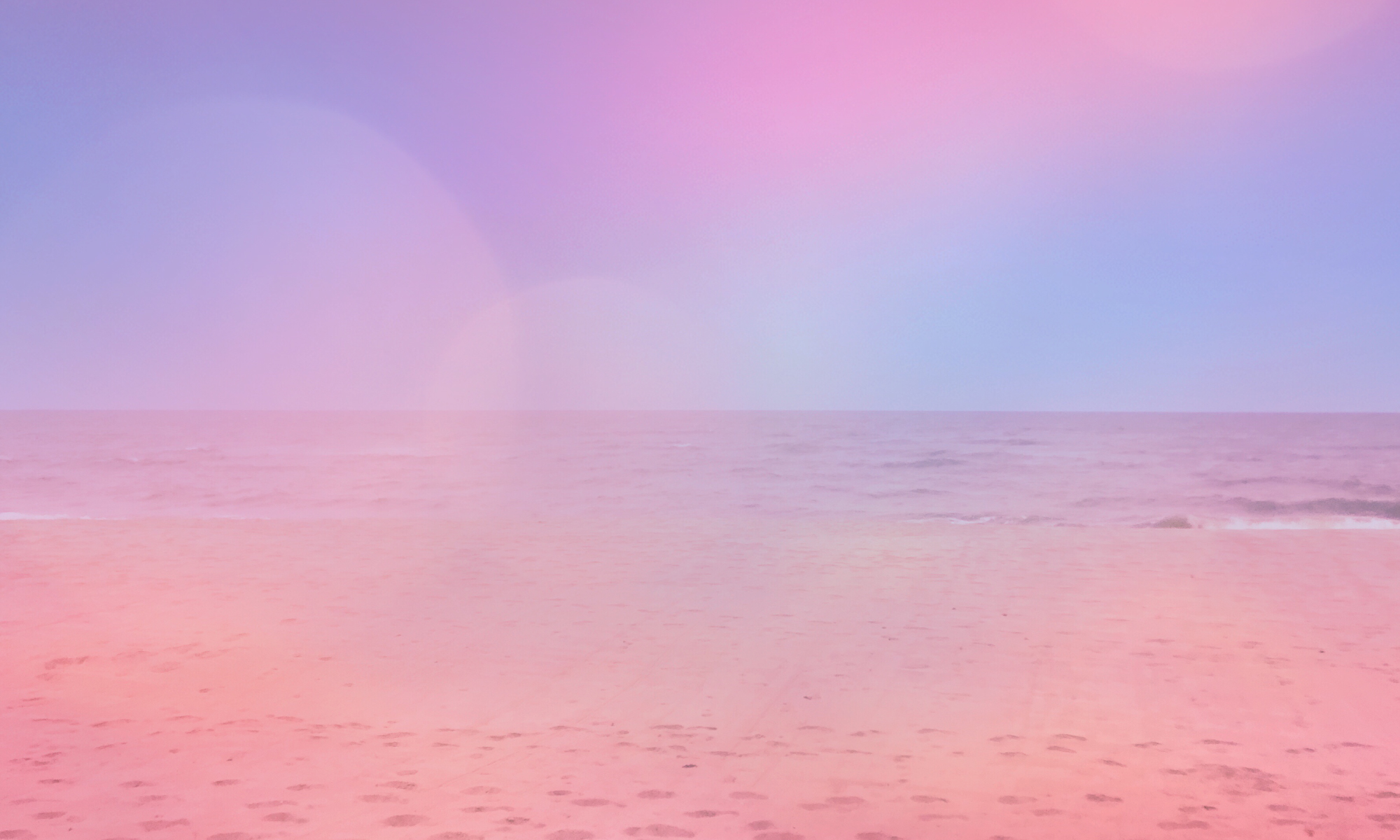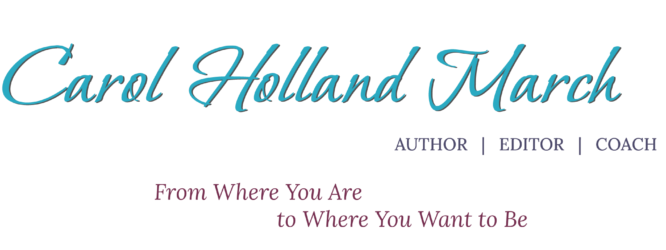 Well, here we are. It’s been a month since I’ve attended a meeting outside my home. A month since I’ve taught in a classroom. Since I’ve had lunch with a friend, gone to a movie or stood in line at the grocery store. Even for an introverted writer who loves solitude, staying home this much gets weird.
Well, here we are. It’s been a month since I’ve attended a meeting outside my home. A month since I’ve taught in a classroom. Since I’ve had lunch with a friend, gone to a movie or stood in line at the grocery store. Even for an introverted writer who loves solitude, staying home this much gets weird.
Every day I bike through my neighborhood with my dog. She’s well over a hundred in people years, so we don’t go far. Lots of stopping and sniffing. I want her to keep her muscle strength as long as possible, so I persuade her even when she’s reluctant. She gains enthusiasm as we progress and on our way home, she trots along beside me, wagging and smiling. I put her inside and go out for a longer, harder ride. Sometimes I walk a Bosque trail. Most days I visit the local park to sit under a Ramada and watch people playing with their dogs and kids.
Everywhere I go, people greet me. They wave from cars and porches. We exchange anecdotes about our dogs, our shopping challenges, the weather. I know twice as many of my neighbors as before the pandemic. Maybe because more people are home. Maybe because community is our only bulwark against the waves of tragedy and fear sweeping our land.
It’s so odd that now we express our love for each other by keeping our distance.
I’m one of the lucky ones who can work at home and order what I need. And suddenly there was plenty of time. The perennial excuse evaporated overnight. Without appointments, errands, and classes, I could be wildly productive.
But it’s a month in and I’m just beginning to settle down. I have written. I always do. But my productivity did not escalate with the additional time. I found myself dithering, staring into space, watching shows on Netflix I didn’t even like.
My old responses to stress—procrastination, obsessing on unimportant details—re-appeared. My thoughts and fears about the pain and suffering hovering over the world like a black cloud was the culprit.
I meditated and prayed about it. Took the practical steps feasible for me. Reminded myself that I am safe. I am healthy. At this moment, I have a place to live, food to eat, beautiful animals to keep me company, friends to call and zoom with. And now, I’ve started offering writing workshops via zoom. Why not? Virtual training may be the new normal.
Finally, it occurred. This is the time. To stop making excuses. To look at my reactions to the changes in our world without flinching. To walk the talk. Be honest. The reason I’m not working on my new book for six hours a day is because I’m nervous!
When I’m nervous, I procrastinate. I read every email, news reports, the latest statistics. Being informed is fine, but knowing all the details doesn’t help.
So what does? What helps us live with uncertainty? This is what I came up with
- Acknowledge feelings. It’s okay to feel anxious, stressed, impatient, depressed. Feelings denied only pop up later. Now is the time to admit that I’m human. I’m upset. I don’t like this. I want it to end.
- Make self-care a priority. A walk, a bike ride, a yoga tape, an online exercise class. Deep breathing, meditation, stretching, dancing around the living room. Now is the time to move—bodies and emotions so those negative thoughts don’t dig in
- Keep in touch. Call, skype, email, zoom, wave from the porch. Make a new friend while out walking the neighborhood.
- Help someone. What can I do? Who needs help?
- Tolerate uncertainty. There’s no telling how any creative project will turn out, so that’s nothing new for a writer. It’s a good skill to master. Now is the time to let go of trying to control things. It was mostly an illusion anyway.
- Take small steps. Now is the time to say, I don’t know, and move forward. The best cure for paralysis is action. One foot in front of the other.
- And most important, notice negative thoughts. The what if’s. The it might’s. None of them are real. They’re just thoughts. And thoughts can be changed. Dissolved. Replaced.
I am safe.
I am healthy.
I have what I need.
I can adapt.
I can create.
I can do my work.
I can love.



 Vein of Gold, metaphorically the hidden treasure of our lives, is the title of a Julia Cameron book on journaling our way to creativity and spirituality. Her books are for people seeking to uncover their art, who may be stuck, or lack confidence in their ability to bring forth their ideas.
Vein of Gold, metaphorically the hidden treasure of our lives, is the title of a Julia Cameron book on journaling our way to creativity and spirituality. Her books are for people seeking to uncover their art, who may be stuck, or lack confidence in their ability to bring forth their ideas.







 What happens when we don’t express our creative energy? When something inside blocks us from writing, painting, designing, making music, dancing for joy?
What happens when we don’t express our creative energy? When something inside blocks us from writing, painting, designing, making music, dancing for joy?
 An exercise I use with coaching clients moving through transition is to write their own epitaph. Some are put off by this exercise, but others embrace it. Some find it validates their choices, while others realize their current life does not reflect their true aspirations.
An exercise I use with coaching clients moving through transition is to write their own epitaph. Some are put off by this exercise, but others embrace it. Some find it validates their choices, while others realize their current life does not reflect their true aspirations.
 The Book of the Center
The Book of the Center

 When first I read the story of Inanna, goddess of heaven and earth, revered in ancient Sumer thousands of years ago, my heart leapt in recognition.
When first I read the story of Inanna, goddess of heaven and earth, revered in ancient Sumer thousands of years ago, my heart leapt in recognition.